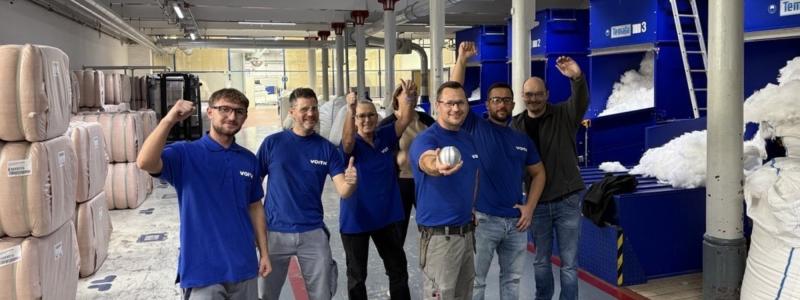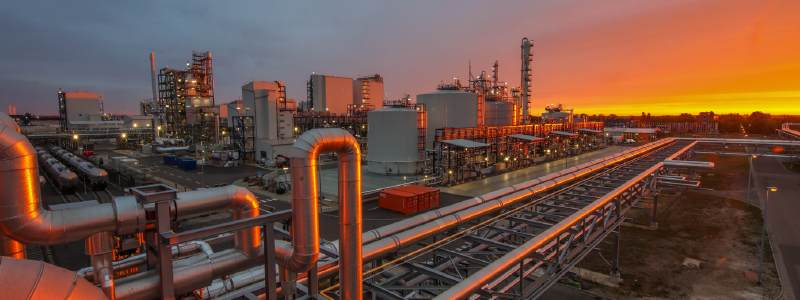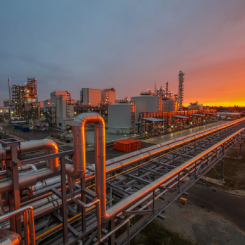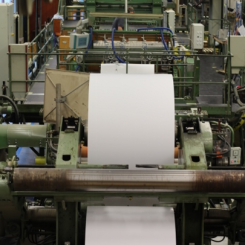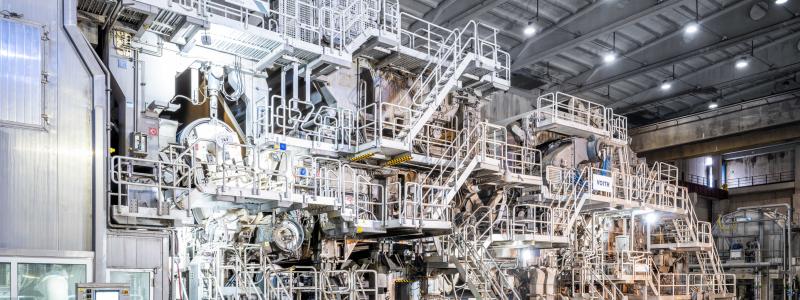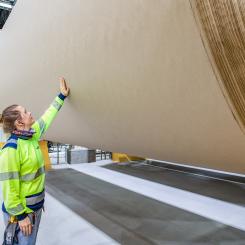Today, the Commission published a proposal to limit global land conversion for biofuel production, and raise the climate benefits of biofuels used in the EU. The use of food-based biofuels to meet the 10% renewable energy target of the Renewable Energy Directive will be limited to 5%. This is to stimulate the development of alternative, so-called second generation biofuels from non-food feedstock, like waste or straw, which emit substantially less greenhouse gases than fossil fuels and do not directly interfere with global food production. For the first time, the estimated global land conversion impacts – Indirect Land Use Change (ILUC) – will be considered when assessing the greenhouse gas performance of biofuels.
Energy Commissioner Günther Oettinger said: "This proposal will give new incentives for best-performing biofuels. In the future, biofuels will be saving more substantial greenhouse gas emissions and reduce our fuel import bill."
Commissioner for Climate Action Connie Hedegaard said: ''For biofuels to help us combat climate change, we must use truly sustainable biofuels. We must invest in biofuels that achieve real emission cuts and do not compete with food. We are of course not closing down first generation biofuels, but we are sending a clear signal that future increases in biofuels must come from advanced biofuels. Everything else will be unsustainable''.
Biofuels, produced sustainably and under efficient processes, are a low-carbon alternative to fossil fuels in the EU's energy mix and for transport in particular. Biofuels are easy to store and deploy, have a high energy density and typically emit substantially less greenhouse gases than oil, gas or coal. Only biofuels which satisfy a set of sustainability criteria qualify for public support on the European market.
As the market for biofuels has expanded, it has become clear that not all biofuels are the same, in terms of their greenhouse gas impacts from global land use. Recent scientific studies have shown that when taking into account indirect land use change, for example when biofuel production causes food or feed production to be displaced to non-agricultural land such as forests, some biofuels may actually be adding as much to greenhouse gas emissions as the fossil fuels they replace.







